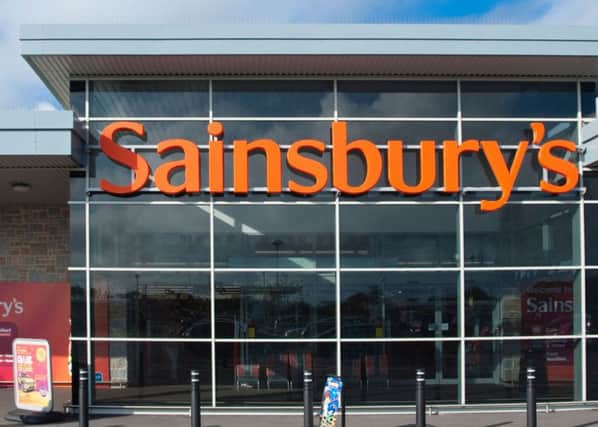Sainsbury's says '˜bogof' to multi-buy deals


The chain said it will sweep away the vast majority of these deals across hundreds of lines by August because customers find them confusing and are often forced to buy more than they need.
The firm said it will replace these promotions with lower regular product pricing, which will give customers “more flexibility to buy what they need, when they need it”.
Advertisement
Hide AdAdvertisement
Hide AdSainsbury’s food commercial director Paul Mills-Hicks said: “Customer shopping habits have changed significantly in recent years, with people shopping more frequently - often seeking to buy what they need at that moment in time.”
He added: “We have listened to our customers who have told us that multi-buy promotions don’t meet their shopping needs today, are often confusing and create logistical challenges at home in terms of storage and waste.”
The supermarket said it has removed more than 50% of its multi-buy promotions since last March, on products such as meat, fish and a range of canned and packaged goods.
However, it added after it has phased out these deals in August, there will be a few exceptions where multi-buy promotions will be used at certain times of the year.
Advertisement
Hide AdAdvertisement
Hide AdConsumer group the Money Advice Service (MAS) said on Wednesday that three-quarters (76%) of shoppers regularly spend more than they meant to in the supermarket due to special offers, buy one get one free promotions and multi-buy deals.
MAS said people spend £11.14 more than they intended to per shop.
As the average shopper visits the supermarket more than twice (2.2 times) a week, the consumer group calculated that this could lead someone to spend around £1,274 per year more than intended.
MAS also asked more than 2,000 consumers to select the cheapest options when presented with various sets of offers they might find in a supermarket.
It said just one in 50 (2%) people selected the best-value option from the offers they were presented with.